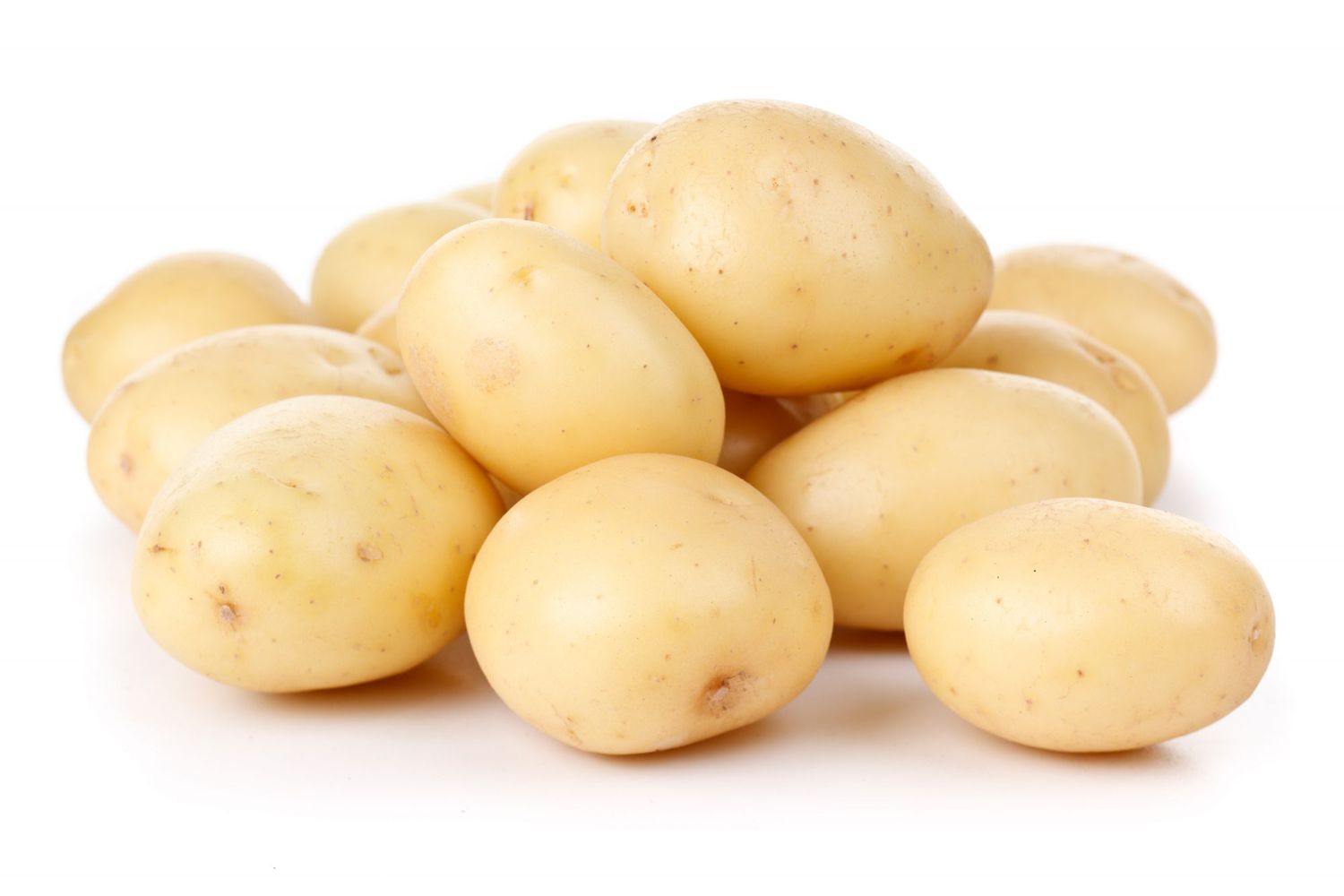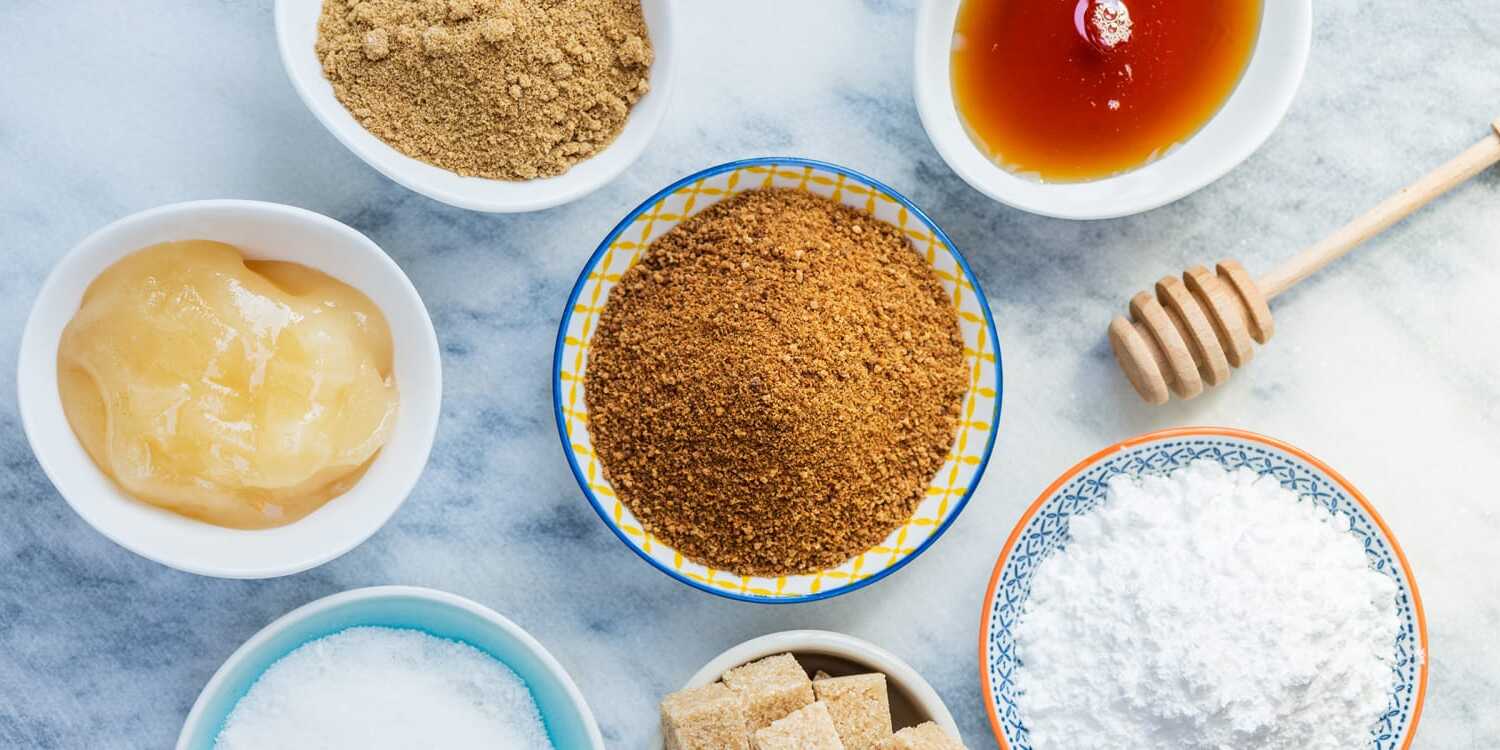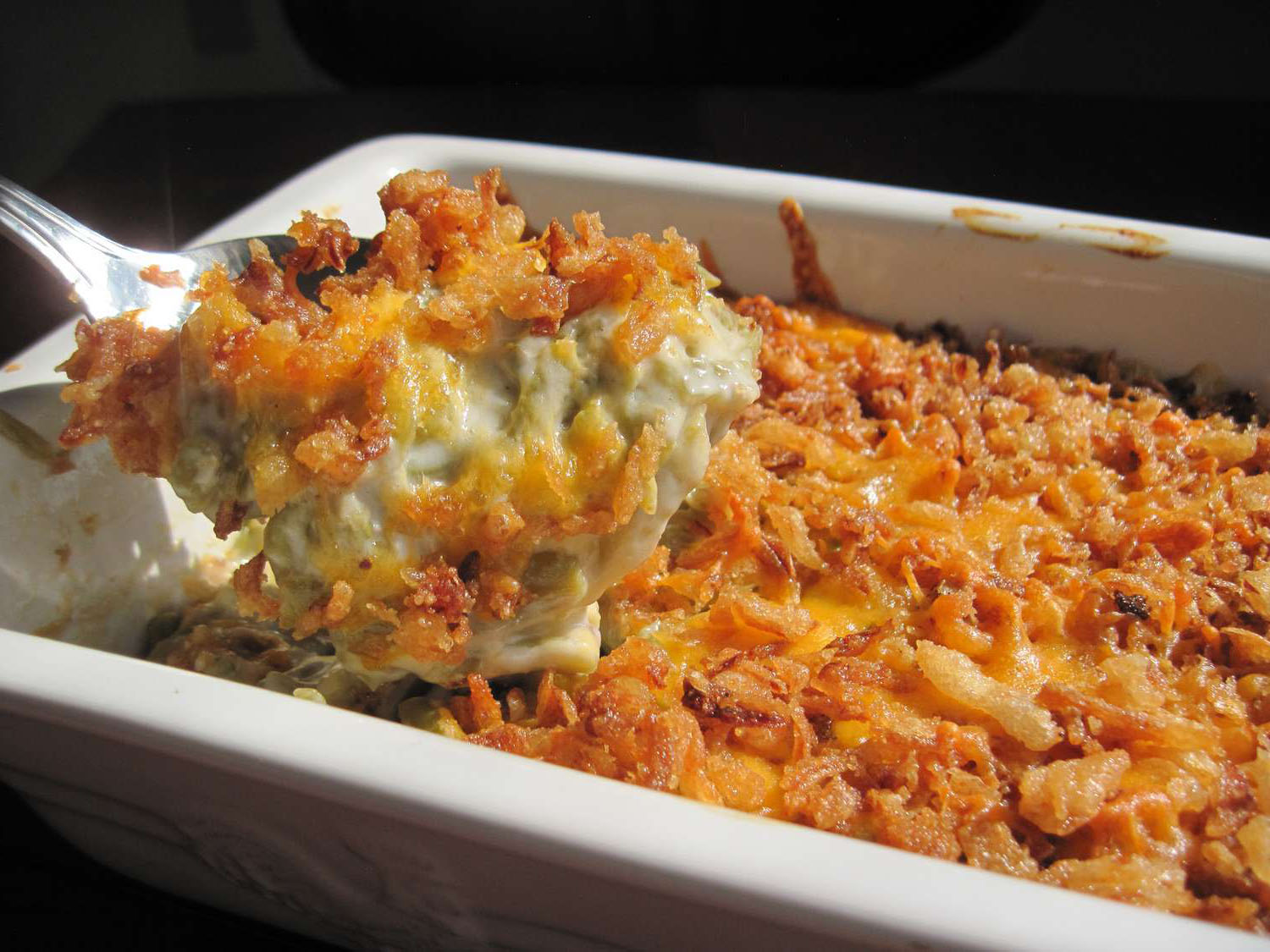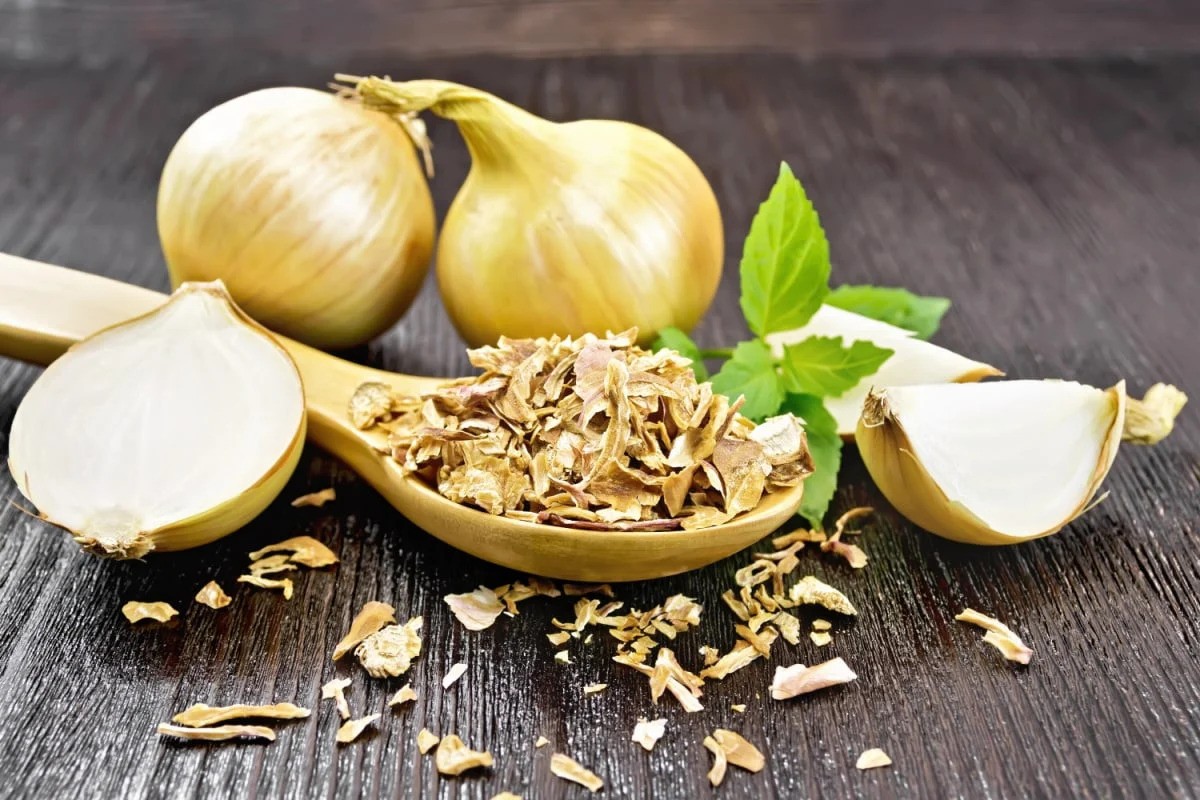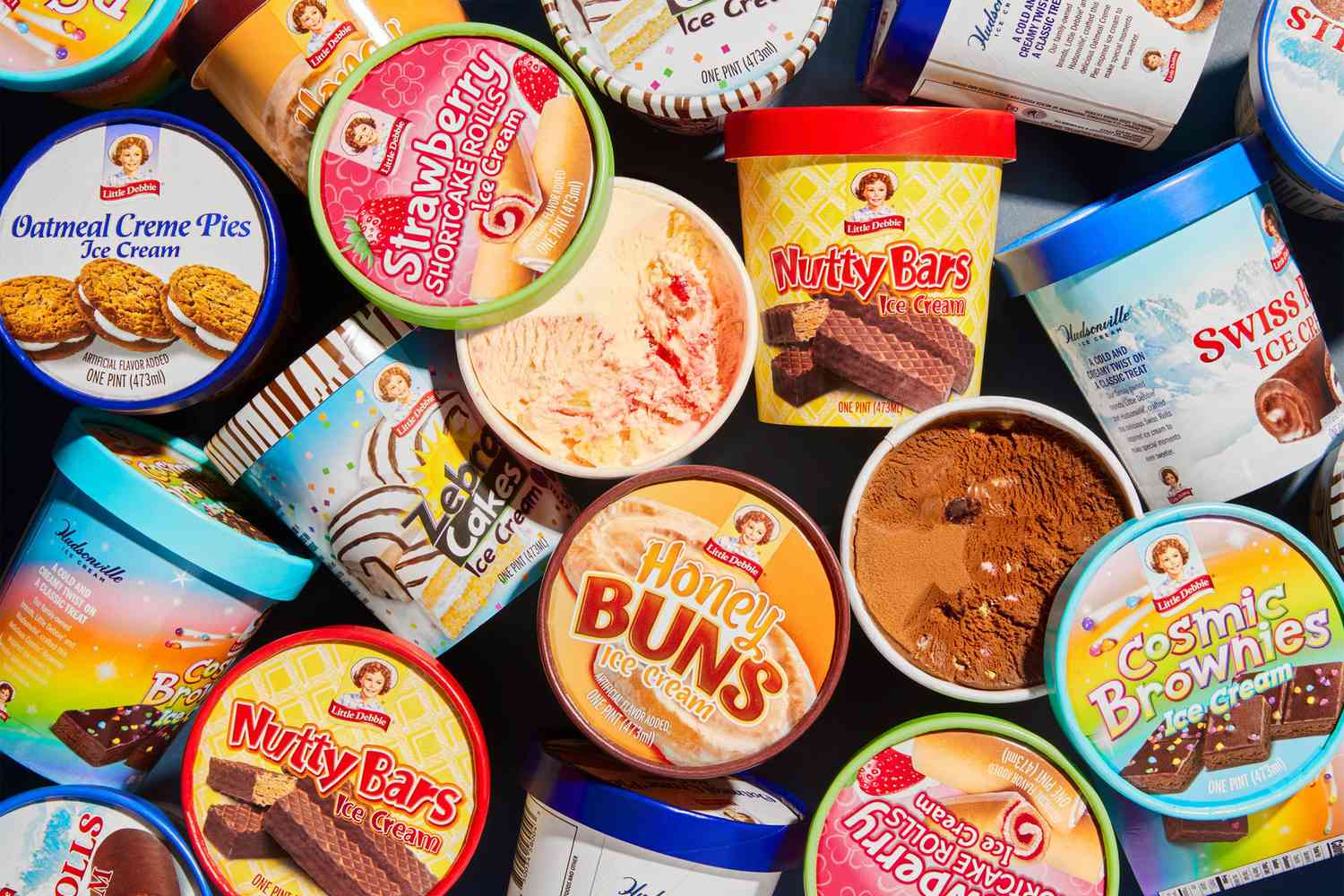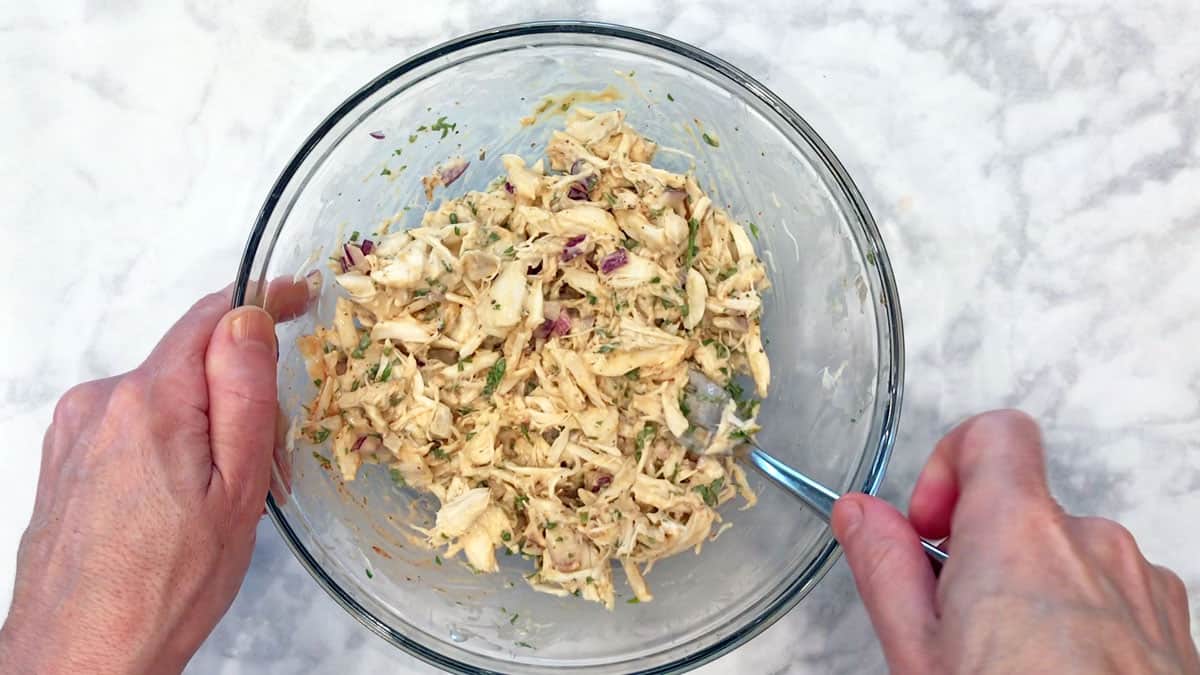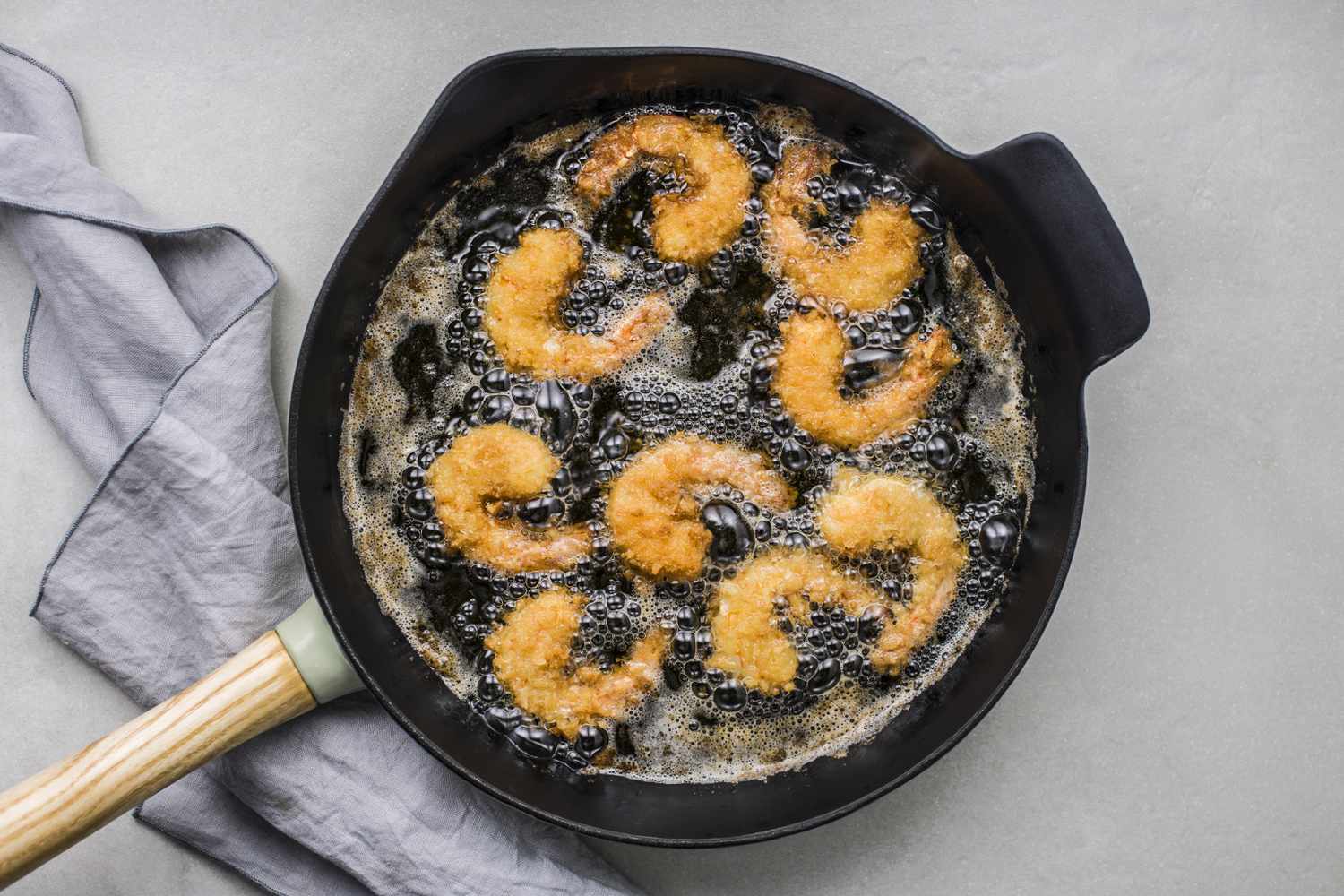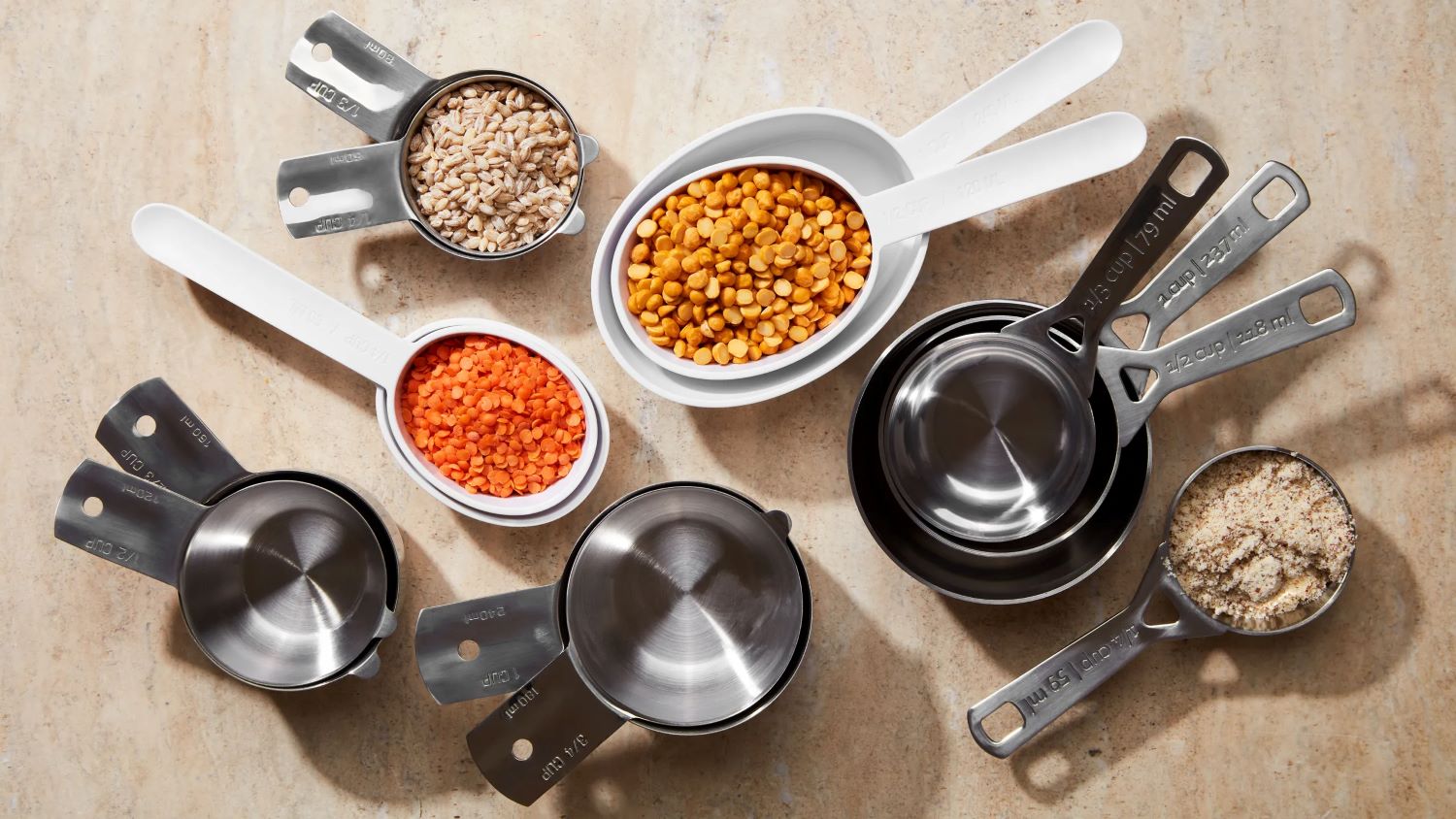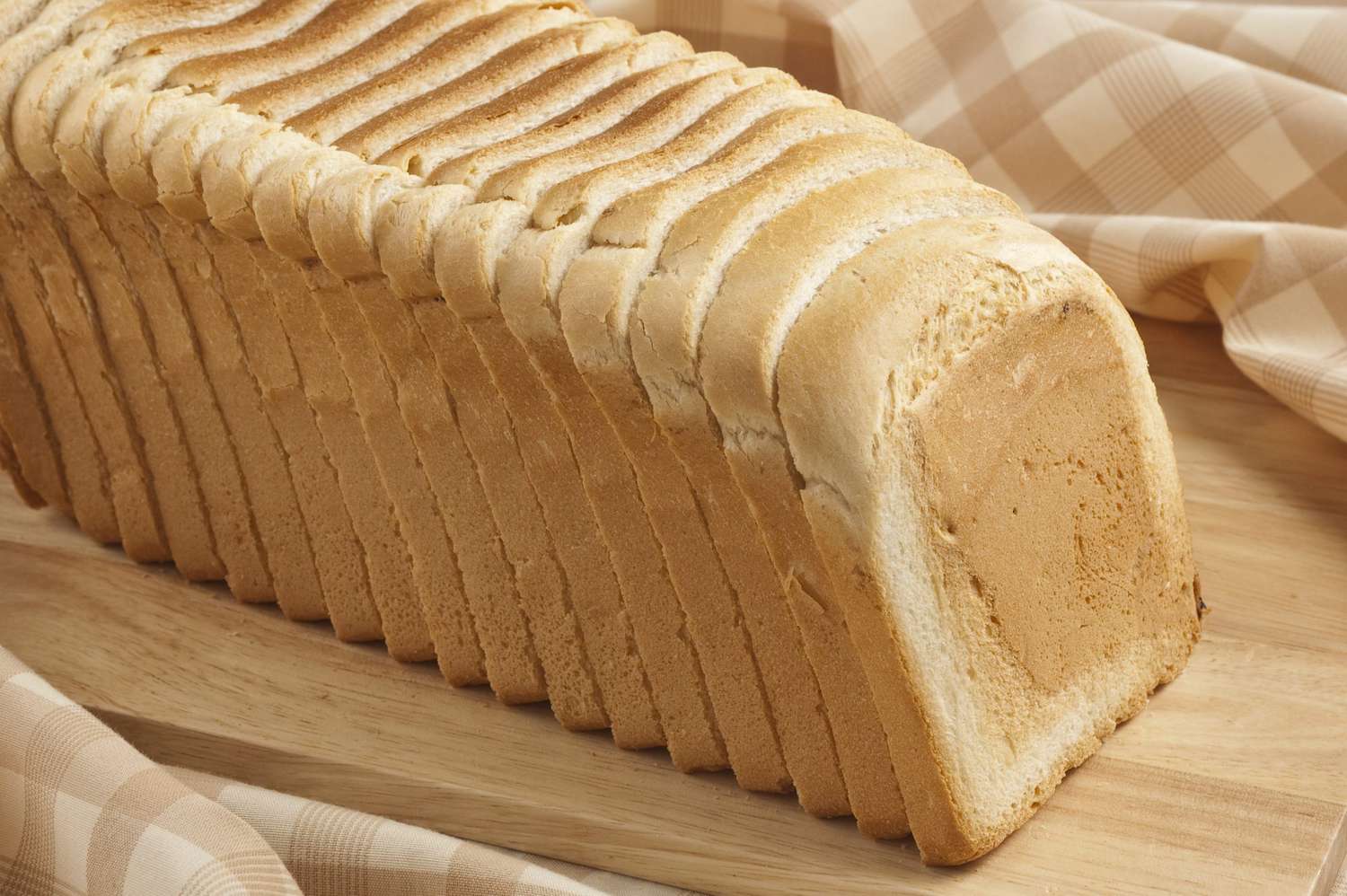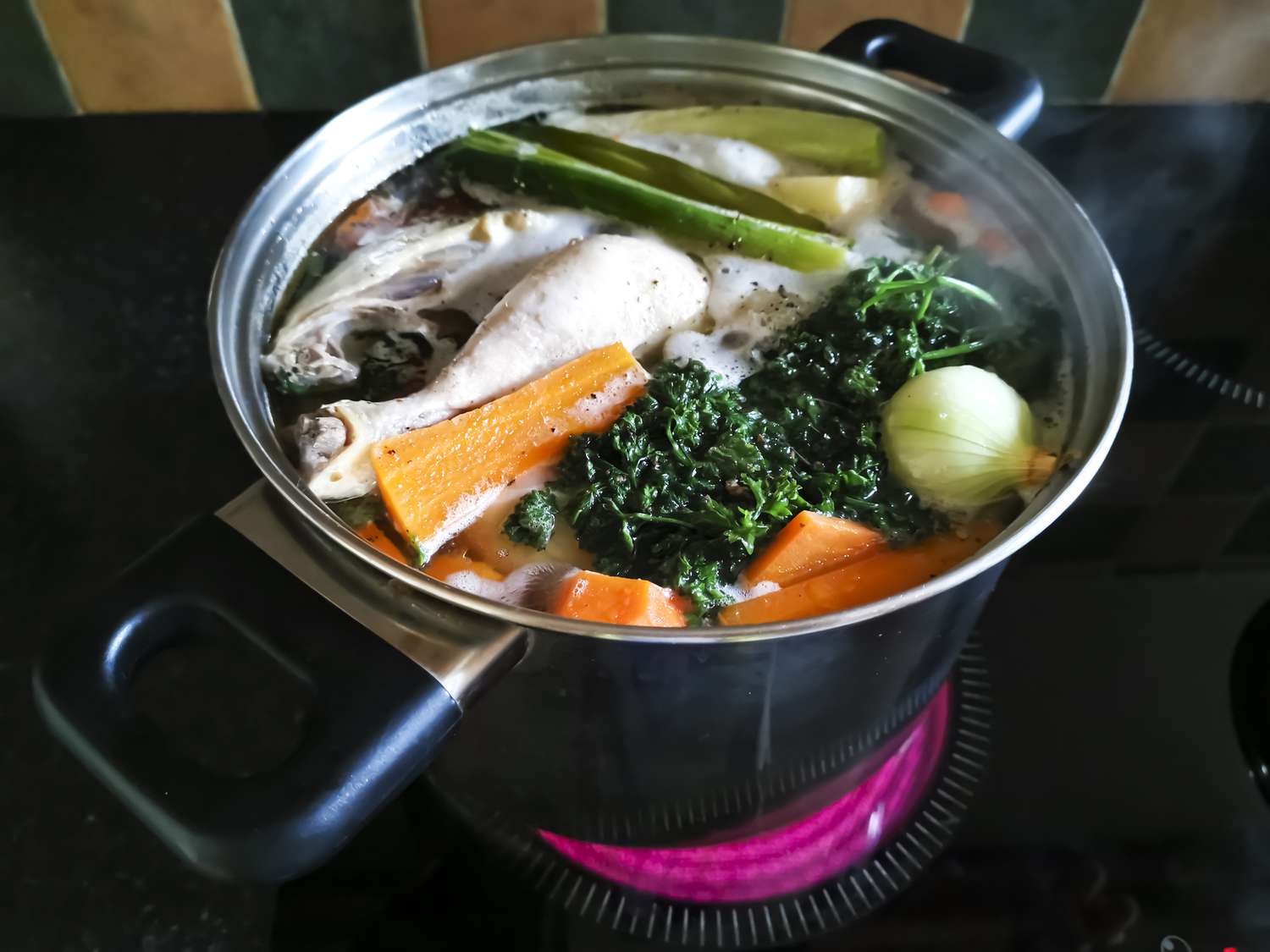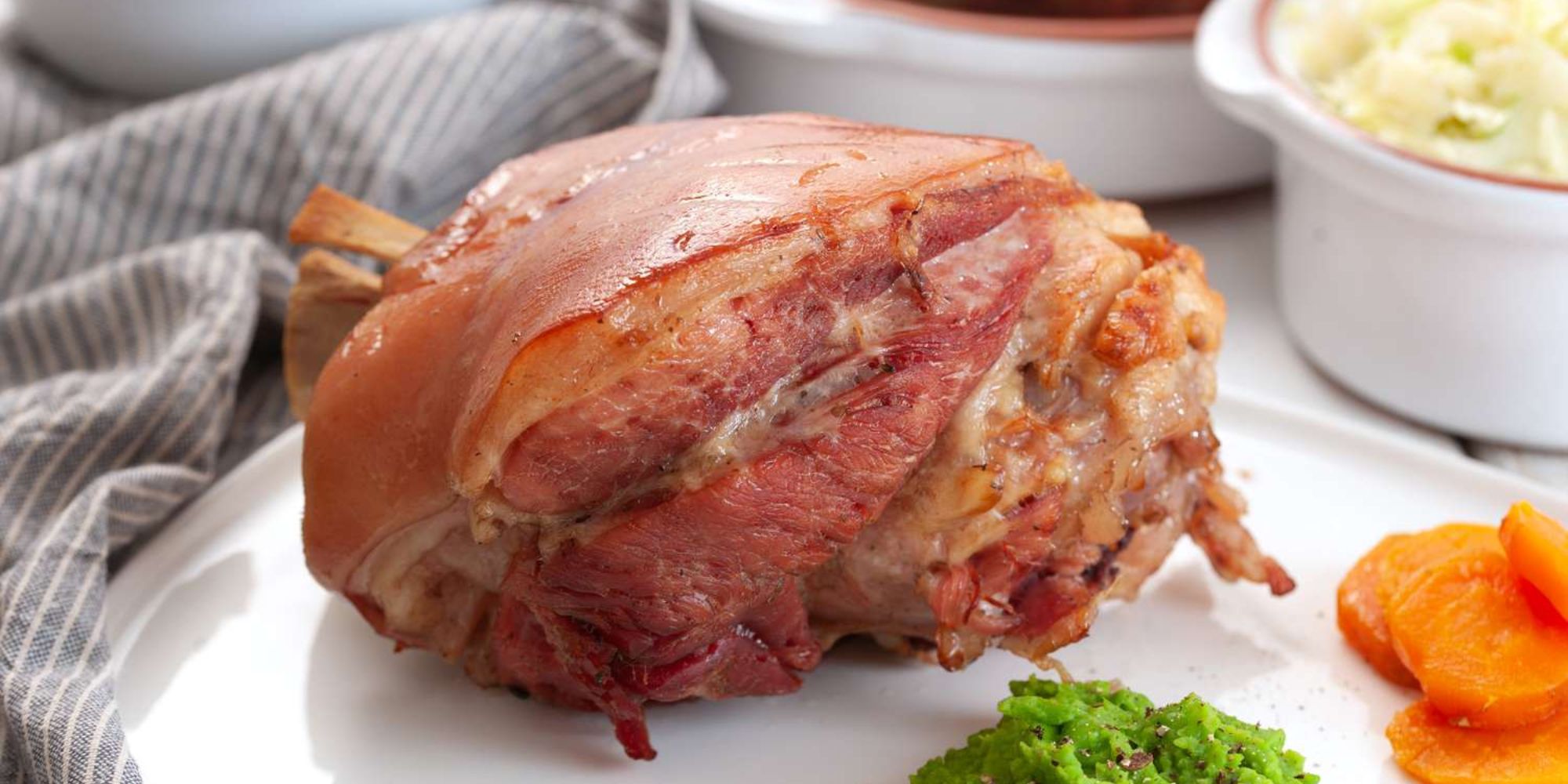The Hardest Pastry to Make
When it comes to baking, pastries are often considered the pinnacle of culinary achievement. From delicate layers to intricate designs, creating the perfect pastry requires skill, patience, and precision. While many pastries can be challenging to master, there is one that stands out as particularly difficult to make: the croissant.
Why Croissants Are So Challenging
Croissants are a type of viennoiserie pastry known for their flaky, buttery layers and crescent shape. The process of making croissants is a labor-intensive one that requires careful attention to detail at every step. Here are a few reasons why croissants are often considered the hardest pastry to make:
- Layered Dough: The key to a perfect croissant lies in its many layers. Achieving the delicate, flaky texture requires multiple rounds of folding and rolling the dough with precise measurements and timing.
- Butter Incorporation: Properly incorporating the butter into the dough is crucial for creating the signature layers of a croissant. This process, known as lamination, requires skill and precision to ensure the butter is evenly distributed.
- Temperature Control: The temperature of the ingredients and the environment plays a critical role in the success of croissant dough. Too warm, and the butter will melt; too cold, and the dough may become difficult to work with.
- Patient Resting Periods: Between each round of folding and rolling, the dough must rest and chill to allow the gluten to relax and the layers to develop. This requires patience and careful timing.
Mastering the Art of Croissant Making
While croissants may be challenging to make, the reward of biting into a freshly baked, flaky pastry makes the effort worthwhile. For those willing to take on the challenge, here are a few tips for mastering the art of croissant making:
- Practice Patience: Making croissants is a time-consuming process that requires patience and attention to detail. Be prepared to invest the time and effort needed to perfect your technique.
- Use High-Quality Ingredients: The quality of the butter and flour used in croissant dough can significantly impact the final product. Opt for high-quality, European-style butter for the best results.
- Invest in Proper Equipment: A good rolling pin, a reliable oven, and a kitchen scale are essential tools for making croissants. Investing in quality equipment can make the process smoother and more enjoyable.
- Seek Guidance: Consider taking a baking class or watching tutorials from experienced pastry chefs to learn the proper techniques for making croissants.
In Conclusion
While croissants are undeniably challenging to make, the sense of accomplishment that comes from mastering this iconic pastry is unparalleled. With practice, patience, and a willingness to learn, anyone can conquer the art of croissant making and enjoy the fruits of their labor in the form of a freshly baked, flaky treat.
